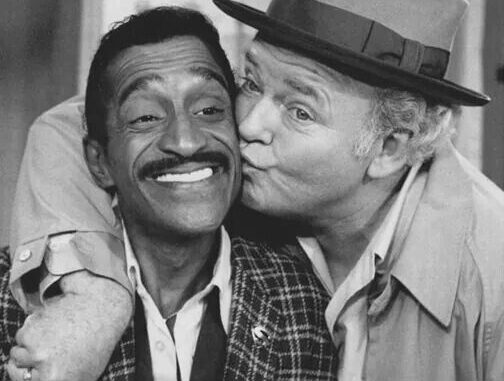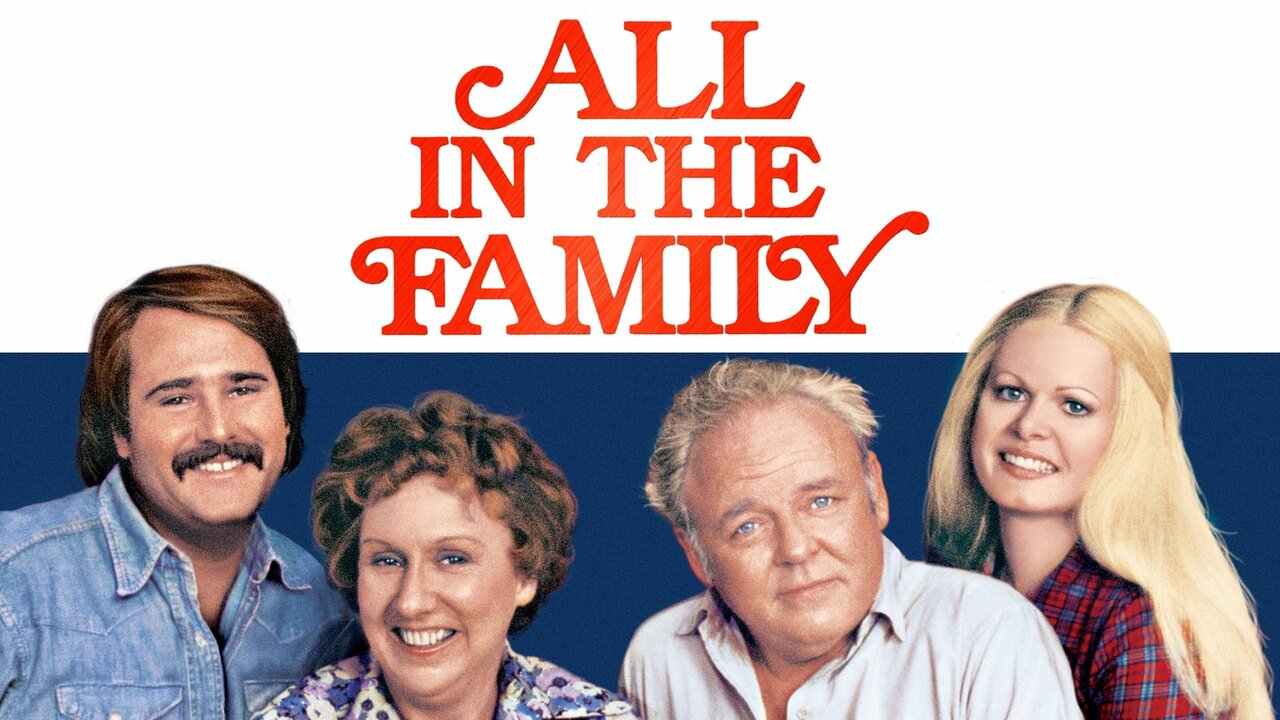
When All in the Family premiered on CBS in 1971, it was a groundbreaking show that would become the blueprint for future television programs. Norman Lear, the show’s creator, was aware that he was walking into uncharted territory. He knew that by tackling subjects like racism, sexism, and the conflict of generational values, he was entering controversial waters. However, he didn’t fully anticipate the depth of the pushback he would receive from network executives.  The first sign of tension came during the editing of the very first episode, titled “Meet the Bunkers,” when the show introduced its main characters, the Bunker family. The plot centers on a visit from Archie and his wife Edith, who return home earlier than expected from church and discover their daughter, Gloria, and her husband Mike (nicknamed “Meathead”) engaged in an intimate moment. The situation was already bound to raise eyebrows, but it was the first line from Archie—”11:30 on a Sunday morning?”—that really caused a stir. The line, which referred to the time of day and implied the couple’s unspoken sexual activity, was deemed too risqué by CBS executives. They insisted that the line be cut, fearing it would create an image in viewers’ minds that might be too provocative. Lear, however, stood firm, arguing that censoring the line would undermine the show’s authenticity and bold approach to real-world issues. He famously told the network, “If you don’t play that line, I won’t be in tomorrow.”
The first sign of tension came during the editing of the very first episode, titled “Meet the Bunkers,” when the show introduced its main characters, the Bunker family. The plot centers on a visit from Archie and his wife Edith, who return home earlier than expected from church and discover their daughter, Gloria, and her husband Mike (nicknamed “Meathead”) engaged in an intimate moment. The situation was already bound to raise eyebrows, but it was the first line from Archie—”11:30 on a Sunday morning?”—that really caused a stir. The line, which referred to the time of day and implied the couple’s unspoken sexual activity, was deemed too risqué by CBS executives. They insisted that the line be cut, fearing it would create an image in viewers’ minds that might be too provocative. Lear, however, stood firm, arguing that censoring the line would undermine the show’s authenticity and bold approach to real-world issues. He famously told the network, “If you don’t play that line, I won’t be in tomorrow.”  This moment marked the first of many behind-the-scenes disagreements that would continue throughout the series’ run, with the show’s creators pushing boundaries while the network sought to maintain more conservative sensibilities. The line was ultimately retained, setting the tone for the show’s fearless tackling of taboo topics. Lear would go on to address complex issues—ranging from sexual assault to the Vietnam War—throughout All in the Family, earning both praise and criticism in equal measure. Despite the frequent controversies, the show remained incredibly popular, proving that audiences were ready for a more honest and often uncomfortable reflection of the society in which they lived. Lear’s persistence and commitment to confronting these difficult issues set All in the Family apart from other sitcoms of the time and made it one of the most influential shows in television history.
This moment marked the first of many behind-the-scenes disagreements that would continue throughout the series’ run, with the show’s creators pushing boundaries while the network sought to maintain more conservative sensibilities. The line was ultimately retained, setting the tone for the show’s fearless tackling of taboo topics. Lear would go on to address complex issues—ranging from sexual assault to the Vietnam War—throughout All in the Family, earning both praise and criticism in equal measure. Despite the frequent controversies, the show remained incredibly popular, proving that audiences were ready for a more honest and often uncomfortable reflection of the society in which they lived. Lear’s persistence and commitment to confronting these difficult issues set All in the Family apart from other sitcoms of the time and made it one of the most influential shows in television history.
